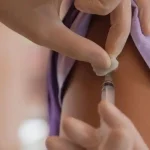As Australians head toward the 2025 Federal Election, The Raw Nerve, MS Australia’s official podcast, gathered leading experts to explore a crucial question: why should health be a top election priority?
Host Jeremy Henderson was joined by Dr Lesley Russell, Adjunct Associate Professor at the Leeder Centre for Health Policy, Economics and Data at the University of Sydney, Terry Slevin, CEO of the Public Health Association of Australia, and Rohan Greenland, CEO of MS Australia and Chair of the Neurological Alliance Australia.
Together, they unpacked the health challenges facing Australia, the election commitments so far, and the major opportunities for change.
🎧 Listen to the full episode of The Raw Nerve – “Health at the 2025 Federal Election” – on our website.
Health vs healthcare: A critical distinction
To begin the conversation, Dr Lesley Russell set the tone by highlighting why healthcare must always be a national priority. She reminded listeners that healthcare affects every Australian and that good health is both a social and economic investment.
“We’re only a productive society if we’re a healthy society, and so I’m one of those people that think that we should talk about healthcare as an investment, it’s not an impost on the budget.”
“It’s something that a country does not just because everyone deserves healthcare but because it makes us a better country, a more productive country, and boosts our economy.”
Slevin built on that point, drawing an important distinction between healthcare and health itself. Rather than focusing solely on treating illness, he argued we must also prioritise the policies and strategies that keep people healthy in the first place.
“Yes, when we’re crook, we all want and deserve the best possible care to help us to get better, to respond to that disease, whether it’s an infectious disease, whether it’s an injury, whether it’s chronic diseases, that is the largest proportion of the burden of disease in this and many countries.”
“But rather, we also want to see a focus on trying to ensure we are as healthy as we can be.”
Are health issues getting the attention they deserve?
Henderson asked the panel whether health had truly been prioritised in the campaign. Russell was candid:
“What we are seeing are quick fixes. They’re really band-aids in a way. They’re substitutes for the really hard work of reform and restructure that needs to be done.”
“And we see it because politicians want to be able to say, here is what I’ve done for health. And it’s much easier to present someone with an urgent care clinic, which may well be needed, and which I must say, for the most part, despite what the AMA and the RACGP say, this is an extremely popular gift to the public.”
“That’s a lot harder than to say, here is a program that’s going to keep you healthy and you won’t get a disease.”
While billions have been pledged, Slevin noted that almost all funding is directed at treating illness.
“So pretty much all of those commitments are about treating people who are crook. No one questions the importance of treating people who are crook.”
“But what’s clearly absent from the equation is any kind of meaningful commitment with regard to the future. Looking over the hill to the immediate problem and looking at what we can do in relation to making Australians healthier.”
Public health initiatives that could make a big difference
Greenland called for two key policy actions: a health levy on sugary drinks to reduce obesity and raise revenue, and increased investment in medical research, especially in neurological conditions.
“Public health doesn’t have to be expensive, and in fact, there’s two measures that I’m supporting and encouraging the major parties to adopt. One puts money into government coffers and the other won’t cost a single cent on the forward estimates.”
“And one is in terms of overweight and obesity, something that’s incredibly popular and is a health levy on sugary drinks. It’s got substantial evidence behind it. We know it’s popular and I rack my brains why governments, successive governments, have failed to implement it.”
“It’s done widely overseas, introduced by conservative government in the UK. is a fantastic concept. And it’s gone nowhere in this country to date.”
“The second thing I’ll mention too is investment in medical research. We have not heard the term medical research in this election at all, unless I’ve missed it, but I don’t think I have.”
He also highlighted that the Medical Research Future Fund (MRFF) is significantly underspent.
Although the fund has grown to over $23 billion, Greenland explained that each year, the independent guardians of the fund advise the government on how much can be spent on research.
This year, more than $1.2 billion is available, yet less than $650 million is expected to be allocated.
“That’s half a billion dollars a year that is underspent on research. And that’s underspent on Hope. It’s underspent on the missions for cures. Underspent on quality of life.”
Russell agreed, noting that conditions like MS, which are disabling but not always fatal, often receive less attention than high-mortality illnesses.
“So cancer and cardiovascular disease get totally hit gets lots of money and things like arthritis and MS and things that have a huge burden of disability, but not mortality don’t.”
The long-term challenge
The panel agreed that long-term investments are hard to sell in short election cycles. Slevin said:
“And selling that concept, selling that individual benefit, has been the conundrum that’s dogged my 40 years in public health.”
Russell pointed to another obstacle, the rise of misinformation and erosion of trust in public health.
“Trump and Kennedy and aided and embedded by how easily it is to transmit information, disinformation, misinformation on social media have really undermined a lot of the work that Terry and the public health associations try so hard to do.”
“And I don’t know how we get round that.”
Still, the group saw real opportunities for progress, particularly if voters and advocacy groups continue pushing for it.
Neglected needs in neurological conditions and primary care
As the discussion turned to what’s still missing from the national health conversation, Greenland raised a critical issue: the lack of visibility and data for people living with neurological conditions.
“We don’t even properly count neurological disease in Australia. There’s no national neurological data set. We’d like to see a commitment to fully fund the development of a neurological data set. Because we simply don’t count it fully.”
He added that while health consistently polls as a top issue with voters, large areas of need, like neurological conditions, are still overlooked in funding, planning and national health strategies.
Russell highlighted another persistent challenge: the fragmentation of care for people with chronic and complex conditions.
“You could start small with doing things like addressing fragmentation. You could start small with doing things like having more community health centres, more ways of delivering primary care that looks like the Aboriginal Health Services.”
Looking ahead
The panel stopped short of making strong election predictions, though many leaned toward the likelihood of a minority government.
“I suspect it will be a minority government… And I’m optimistic that there will be a government that takes an interest in health and I hope public health… that crossbench can negotiate some better policy outcomes perhaps in the public domain.”
Russell closed with a reminder of what the public wants – and what’s possible.
“But I do think we need a bit of bravery and a bit of vision. And I think to be honest, that’s what the population would like.”
As Australians prepare to vote, the message from The Raw Nerve is clear: investing in health – not just healthcare – is critical for a stronger, fairer, and more resilient nation.



